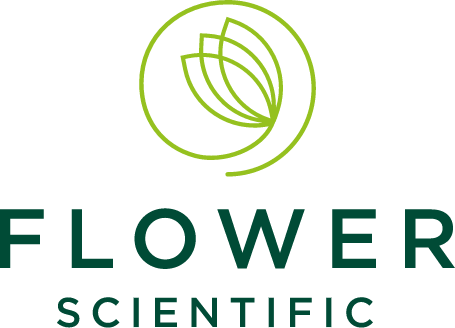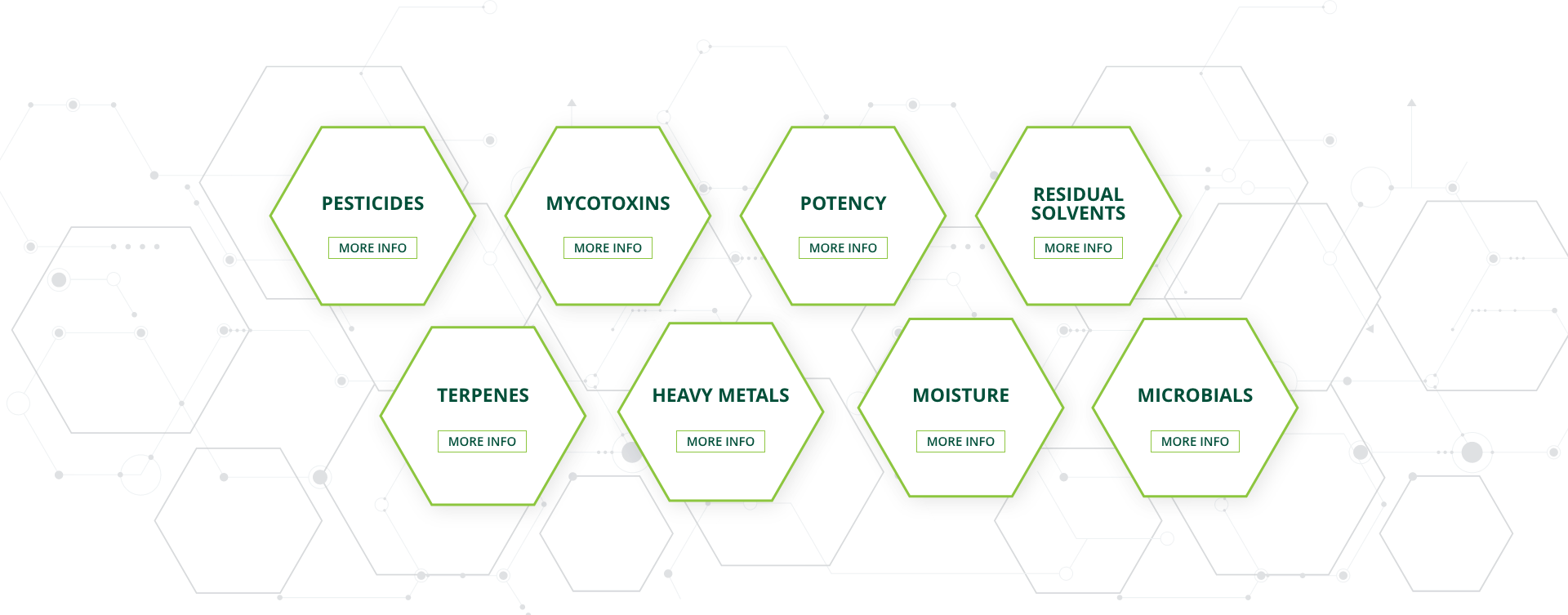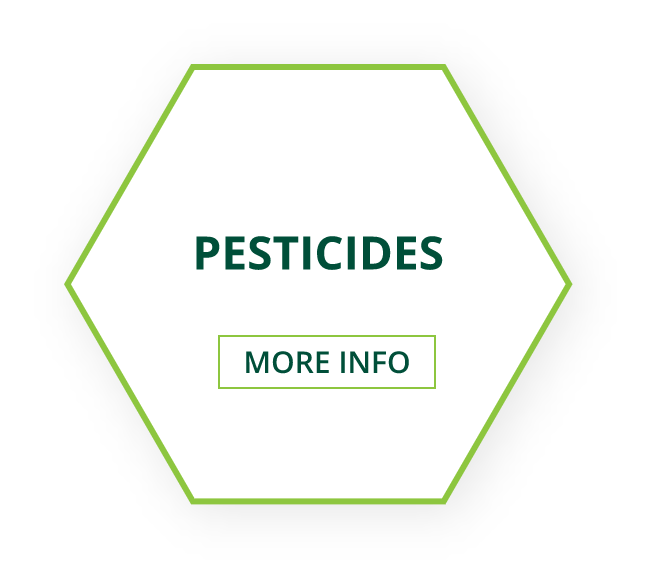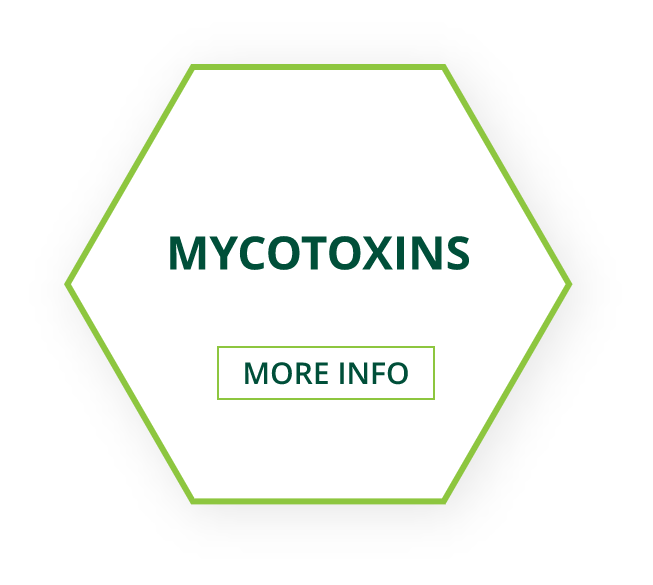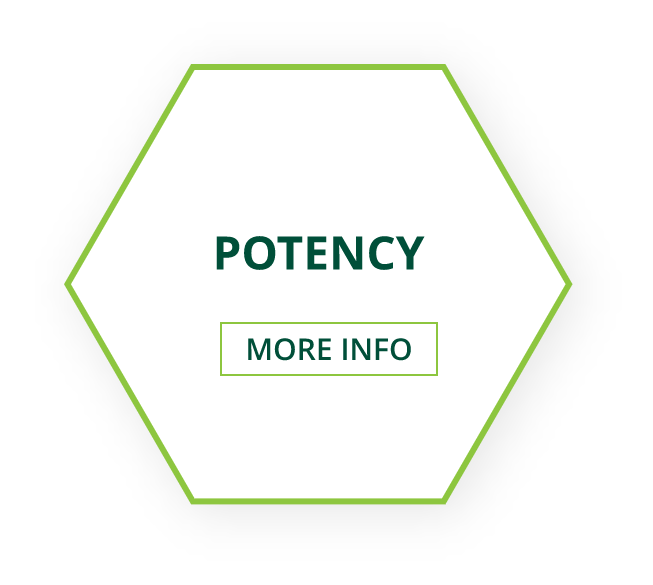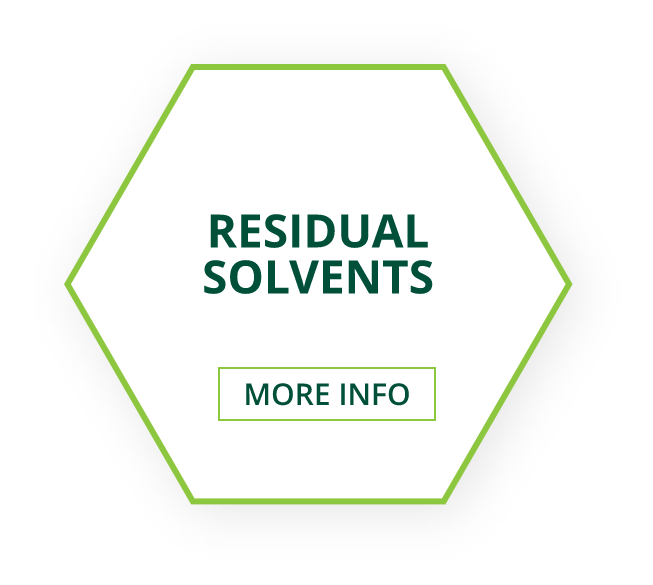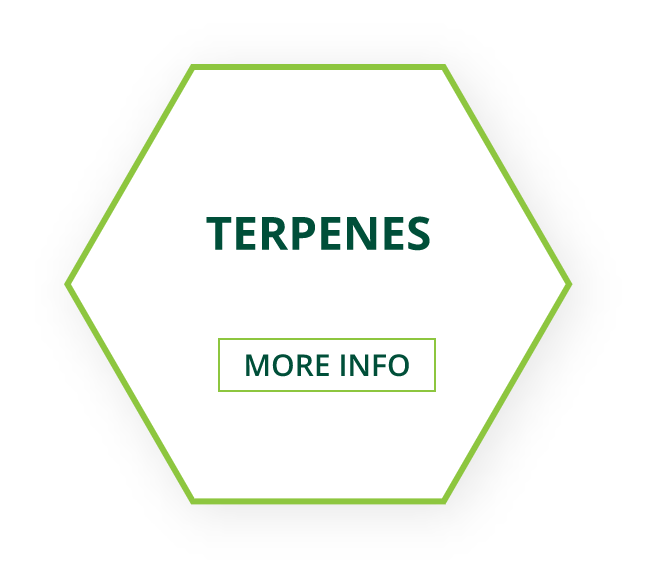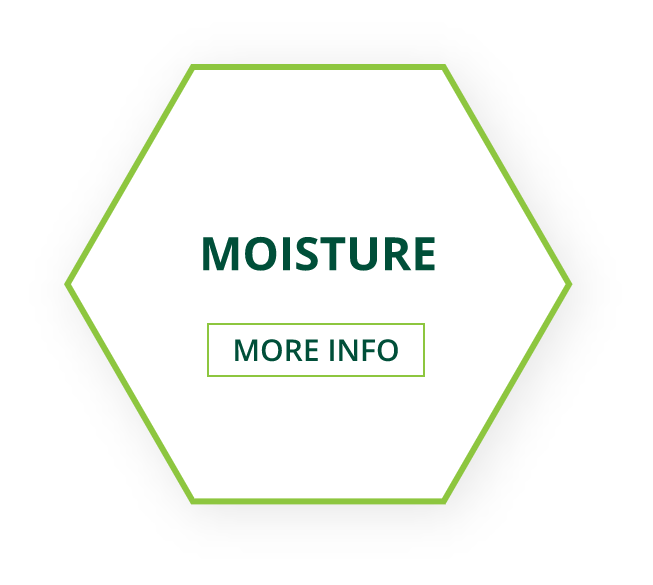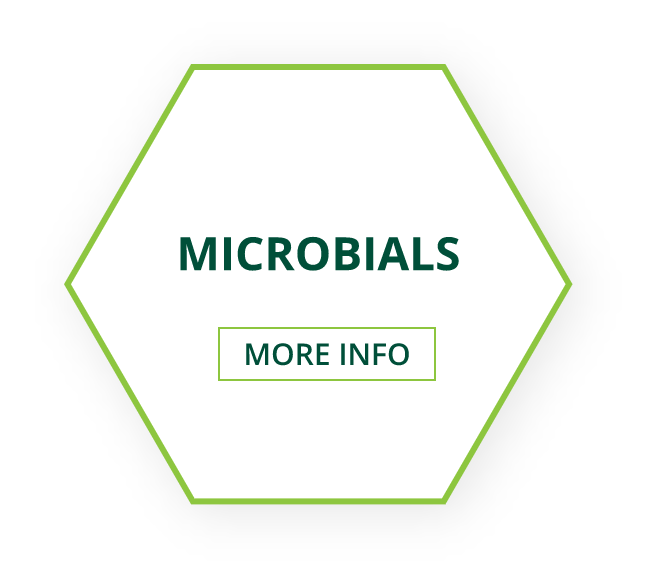How It Works
You can place your testing orders using our innovative & user-friendly ordering portal through TagLeaf. You are able to search through samples, view specific orders, results, Chain of Custody documents, and includes the ability to print labels with QR codes of your COAs. The portal is highly user friendly and allows our laboratory to give you additional compliance information in your reports.
Upon submitting your testing orders, instructional information will be emailed on how to drop off or schedule a pick-up. We offer courier service for the Phoenix metro area at this time.

The completed COA will be available through our client portal and a notification will be sent via email. Our commitment is to ensure all COA results are received in a timely manner.
You have an option to speak with one of our scientific professionals and/or account manager to receive further explanation of your test results. We are here to answer any questions and support you and your business.
Lab Testing Menu
PESTICIDES
Specific Tests and/or Properties Measured
Abamectin, Acephate, Acequinocyl, Acetamiprid, Aldicarb, Azoxystrobin, Bifenazate, Bifenthrin, Boscalid, Carbaryl, Carbofuran, Chlorantraniliprole, Chlorfenapyr, Chlorpyriphos, Clofentezine, Cyfluthrin, Cypermethrin, Daminozide, Diazinon, Dichlorvos, Dimethoate, Ethoprophos, Etofenprox, Etoxazole, Fenoxycarb, Fenpyroximate, Fipronil, Flonicamid, Fludioxonil, Hexythiazox, Imazalil, Imidacloprid, Kresoxim-methyl, Malathion, Metalaxyl, Methiocarb, Methomyl, Myclobutanil, Naled, Oxamyl, Paclobutrazol, Permethrins, Phosmet, Piperonyl butoxide, Prallethrin, Propiconazole, Propoxur, Pyrethrins, Pyridaben, Spinosad, Spiromesifen, Spirotetramat, Spiroxamine, Tebuconazole, Thiacloprid, Thiamethoxam, Trifloxystrobin.

Cannabis Flower, Concentrates, Extracts, and Edibles
LC/MS/MS
Test Benefits
Our pesticide testing detects trace amounts of chemical pesticides, fungicides, and plant growth regulator (PGR) residues in flowers, finished products, biomass, liquids, solids, material inputs, and more. High-performance liquid chromatography-mass spectrometry (LC/MS/MS) is used to target Arizona’s 58 compound list.
MYCOTOXINS
Aflatoxins (B1, B2, G1, G2), Ochratoxin A
Cannabis Flower, Concentrates, Extracts, and Edibles
LC/MS/MS

Test Benefits
Mycotoxin testing will ensure your products are safe for inhalation and consumption and we use LC/MS/MS to detect trace levels of mycotoxins in all kinds of cannabis products. A byproduct of mold and fungi that thrive in the cultivation stage, heat-resistant mycotoxins are toxic to humans and can still be present in your final product even if the molds and fungi have been killed.
POTENCY
Specific Tests and/or Properties Measured
Cannabidiolic acid (CBDA), Cannabigerol (CBG), delta 9-Tetrahydrocannabinolic acid (THC-A), Cannabidiol (CBD), Cannabinol (CBN), delta9-Tetrahydrocannabinol (d9-THC), Cannabichromene (CBC), Cannabigerolic acid (CBGA), delta8-Tetrahydrocannobinol (d8-THC), Tetrahydrocannabivarin (THCV)
Cannabis Flower, Concentrates, Extracts, and Edibles
HPLC

Test Benefits
Our Cannabinoid Potency method provides you with a true, full-spectrum profile of your cannabis products. We utilize state of the art equipment to detect and quantify 10 cannabinoids. Our accurate results enable you to provide your consumers with the information needed for product formulation and labeling accuracy.
RESIDUAL SOLVENTS
Acetone, Acetonitrile, Butanes, Diethyl ether, Ethyl acetate, Ethanol, 2-propanol (IPA), isopropyl acetate, Methanol, Methylene chloride, n-Heptane, Pentanes, Hexanes, Toluene, Xylenes, Chloroform, Benzene
Cannabis Concentrates, Extracts, and Edibles
GCMS

Our residual solvent testing detects trace amounts of solvents, byproducts, impurities, and/or other added odorants and chemicals present in concentrated forms of cannabis. Some processing chemicals and solvents used during cannabis extraction are known to have carcinogenic and toxic properties. It is important for the manufacturer to know how much of their solvents and chemicals remain in their products.
TERPENES
Specific Tests and/or Properties Measured
α-Pinene, Camphene, β-Pinene, β-Myrcene, δ-3-Carene, α-Terpinene, (+)-Limonene, Eucalyptol, γ-Terpenene, Terpinolene, Linalool, Isopulegol, Geraniol, β-Caryophyllene, α-Humulene, Nerolidol 1, Nerolidol 2, (–)-Guaiol, Carophyllene Oxide, (-)-α-Bisabolol, p-Cymene.
Cannabis Flower, Concentrates, Extracts, and Edibles
GCMS

HEAVY METALS
Arsenic, Cadmium, Lead, Mercury
Cannabis Flower, Concentrates, Extracts, and Edibles
ICPMS

Mercury, Cadmium, Lead, and Arsenic are all toxic to human health at even small concentrations. Testing for heavy metals can help you determine if your product has come in contact with these potentially hazardous materials at any point in the growing or manufacturing process.
MOISTURE CONTENT AND WATER ACTIVITY
Water Activity/Moisture Content
Cannabis Flower
Loss on Drying

Moisture content is a common indicator of how ready cannabis is for smoking after being dried and cured, with 10-12% moisture being the ideal target. The analysis of moisture content is determined through weight loss on drying. This is calculated based on the difference between the wet sample weight and the dried sample weight.
MICROBIAL
Salmonella spp., E. Coli, A. Flavus, A. Fumigatus, A. Niger, A. Terreus
Cannabis Flower, Concentrates, Extracts, and Edibles
PCR/Hybridization/3M Petrifilm

Test Benefits
Microbial Testing is performed with polymerase chain reaction (PCR) testing to ensure the safety of the cannabis products that have the potential to be very harmful when consumed or inhaled. Aspergillus species can cause respiratory infections, while Shiga-toxin producing E.coli and several species of Salmonella can cause gastroenteritis and diarrhea. The same conditions that are ideal for cultivation can also be ideal for the proliferation of microorganisms, bacteria, and pathogens. Microbiological contaminants can easily establish a foothold at any stage of the production process, leading to substantial loss of product and costly remediation.
